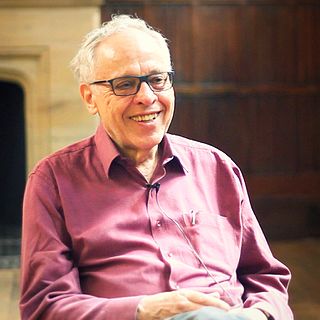A Quote by Richard P. Feynman
So far as we know, all the fundamental laws of physics, like Newton's equations, are reversible.
Quote Topics
Related Quotes
Tell me it's never been done. Because the only real laws in this world-the only things we really know-are the two postulates of relativity, the three laws of Newton, the four laws of thermodynamics, and Maxwell's equation-no, scratch that, the only things we really know are Maxwell's equations, the three laws of Newton, the two postulates of relativity, and the periodic table. That's all we know that's true. All the rest are man's laws
Everything, however complicated - breaking waves, migrating birds, and tropical forests - is made of atoms and obeys the equations of quantum physics. But even if those equations could be solved, they wouldn't offer the enlightenment that scientists seek. Each science has its own autonomous concepts and laws.
Whenever I want to represent or depict the official version, I will refer to them as 'mathematicians' or 'mathematical physicists' or idiots or something like that. There are no physicists in mainstream 'Physics.' From Newton to Einstein to Hawking, they are all just mathematicians as far as Science and Physics are concerned.
What appear to be the most valuable aspects of the theoretical physics we have are the mathematical descriptions which enable us to predict events. These equations are, we would argue, the only realities we can be certain of in physics; any other ways we have of thinking about the situation are visual aids or mnemonics which make it easier for beings with our sort of macroscopic experience to use and remember the equations.
Like music or art, mathematical equations can have a natural progression and logic that can evoke rare passions in a scientist. Although the lay public considers mathematical equations to be rather opaque, to a scientist an equation is very much like a movement in a larger symphony. Simplicity. Elegance. These are the qualities that have inspired some of the greatest artists to create their masterpieces, and they are precisely the same qualities that motivate scientists to search for the laws of nature. LIke a work of art or a haunting poem, equations have a beauty and rhythm all their own.
































